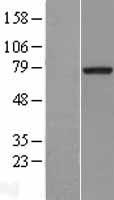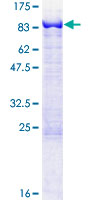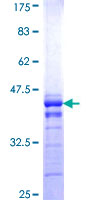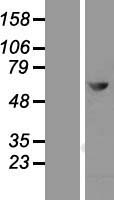order histories, retained contact details for faster checkout, review submissions, and special promotions.
Forgot password?
order histories, retained contact details for faster checkout, review submissions, and special promotions.
Locations
Orders Processing,
Shipping & Receiving,
Warehouse
2 Shaker Rd Suites
B001/B101
Shirley, MA 01464
Production Lab
Floor 6, Suite 620
20700 44th Avenue W
Lynnwood, WA 98036
Telephone Numbers
Tel: +1 (206) 374-1102
Fax: +1 (206) 577-4565
Contact Us
Additional Contact Details
order histories, retained contact details for faster checkout, review submissions, and special promotions.
Forgot password?
order histories, retained contact details for faster checkout, review submissions, and special promotions.
MTMR2
myotubularin related protein 2
Myotubularin-related protein 2 (MTMR2), a myotubularin-related phosphatase, has been shown to contain the consensus active site of dual specificity protein phosphatases (DSPs) and to share inhibition and inactivation characteristics with other DSPs. Similar to other myotubularin-related proteins, MTMR2 has been shown to possess a SET (Suvar3-9, Enhancer of zeste, trithorax)-interacting domain (SID) which may mediate interactions with SET domains present in chromatin-organizing nuclear proteins. Like myotubulin, MTMR2 has been shown to be highly specific for phosphatidylinositol 3-phosphatases as a substrate. Two alternatively spliced forms have been identified. MTMR2 has been identified as the gene responsible for Charcot-Marie-Tooth disease type 4B (CMT4B), an autosomal recessive demyelinating neuropathy.
| Gene Name: | myotubularin related protein 2 |
| Family/Subfamily: | Protein Phosphatase , Myotubularin-Related |
| Synonyms: | MTMR2, CMT4B, KIAA1073, Myotubularin related protein 2, Myotubularin-related protein 2, CMT4B1 |
| Target Sequences: | NM_016156 NP_057240.3 Q13614 |









If you do not find the reagent or information you require, please contact Customer.Support@LSBio.com to inquire about additional products in development.









